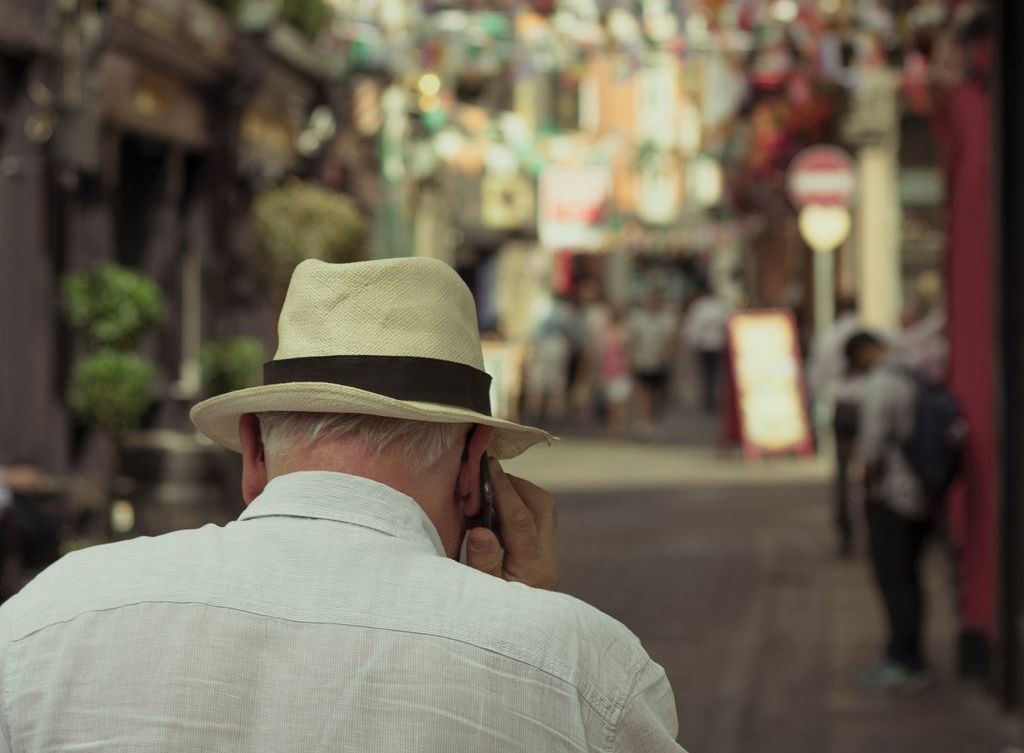Very soon, illumy VoIP calling will get a total revamp with release 3.0 of the illumy platform.
Whether you’re planning to travel abroad or want to stay connected to your family or friends overseas, our goal is to make international communication super-simple. 😄
As we count down to the release of illumy 3.0, brush up on your international calling etiquette with these 4 tips.
Determine whether you’re calling a mobile phone or a landline
International calling rules can change depending on who you’re dialing. While you’ll generally have to use the U.S. exit code (011) and the recipient’s country code, the next digits you press may be determined by what kind of number — desktop 🖥️ or mobile 📱 — you’re calling.
In Mexico, for example, you used to have to press “1” after the country code (52) when dialing a mobile number. As of 2020, that no longer applies; Mexican mobile and landline numbers now work the same when you’re calling from the U.S.
Still, many other countries continue to treat cell numbers differently. Make every effort before you start your call to find out what kind of number you’re dialing—so you get it right on the first try ☝️ and don’t accidentally reach the wrong person ❌.
Anticipate that you won’t be talking to an English speaker
English may be the closest thing the world has to a lingua franca, but from country to country, on-the-ground knowledge of the English language can be spotty. Assume when you dial an international number that the person picking up the phone won’t answer in English and may not understand you if you begin speaking it.
What that means for you: Enunciate clearly! 🗣️ You may not realize how fast you talk in your everyday life. A non-English speaker may struggle to keep up.
Consider trying to keep your language simple, too. The more economically you communicate, the easier your international calls will be for both parties.
Know the proper greetings and honorifics
Every country has different salutations and calling norms. Even within a country, standards can differ. A person in Ontario will answer the phone with “Hello?” But someone in Québec is likely to use “Allo?”
In the same vein, French speakers 🇫🇷 will pepper their language with “madame” or “monsieur.” This may seem stiff and formal to an English speaker 🇬🇧, but you’ll be expected to use these terms in French as a signifier of respect.
As a general rule, whether you’re visiting a foreign country or just calling one, it’s smart to know a few key phrases in the native tongue. At the very least, you should know how to say hello 🤗 and goodbye 👋. Chances are, as soon as you say “hello” in the other language with your North American accent, the person on the other end will recognize that you’re not a native speaker and respond accordingly.
Be mindful of time zones
Time zones can be tricky. Bangalore, India is 10.5 hours ahead of New York, for example. Not 10, not 11, but 10.5.
Similarly, the Maritimes in Canada have their own time zone—even the parts you may not expect. Edmunston, New Brunswick is always an hour ahead of Lubec, Maine, even though it’s west of Lubec. 🥴
Things get even more confusing around the beginning and end of U.S. Daylight Saving Time. In 2022, DST ends on November 6 in America but October 30 in Europe. That means for the first week of November, London is 4 hours ahead of New York instead of 5.
Consider doing a quick Google search of “time in [the place you’re calling]” before you dial. You may realize your contact is commuting, or at lunch, instead of in their home or office.
Excited for what illumy 3.0 will bring? We are too — stay posted for more updates as we get closer to launch.
Photo by Henry Be on Unsplash.


